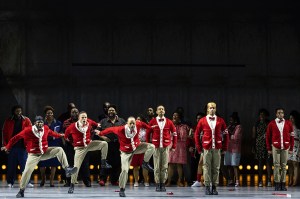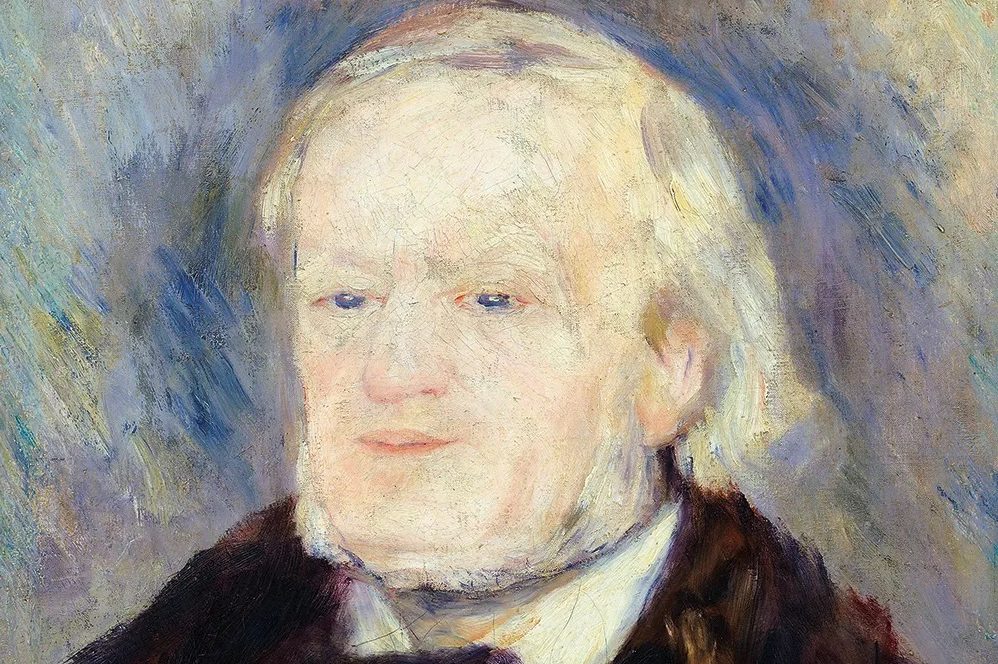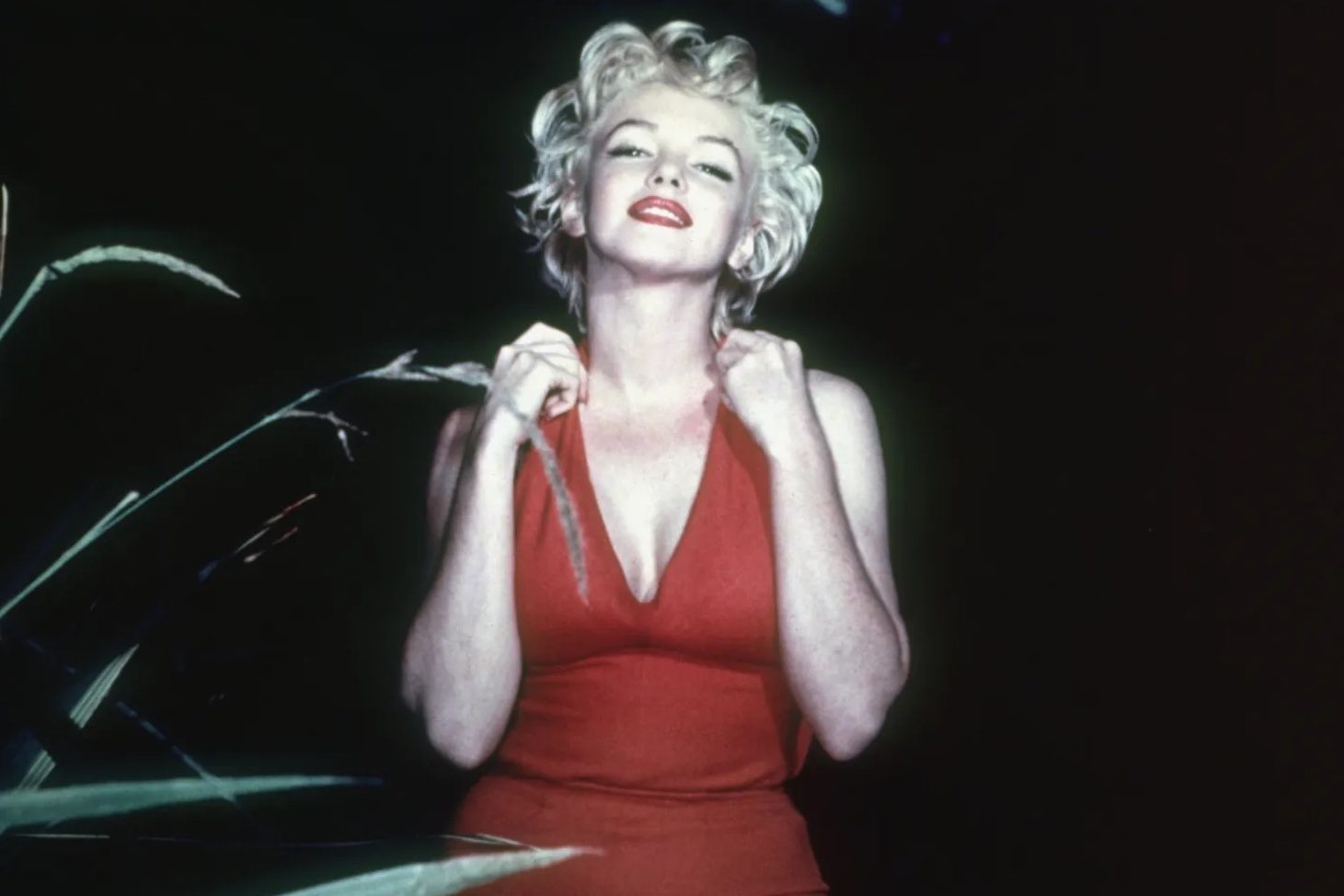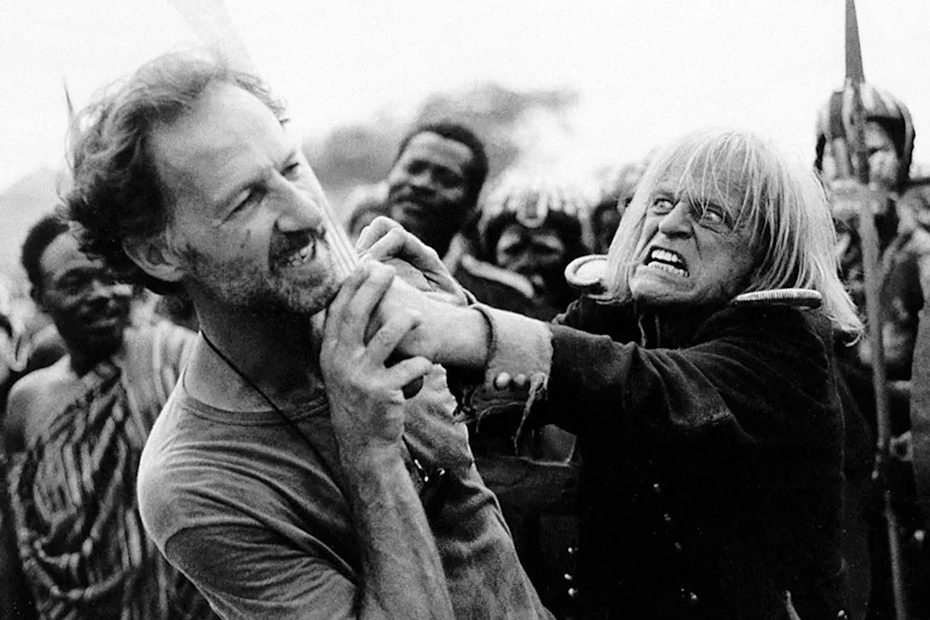It is a standard narrative in all showbiz reporting — and one that arts hacks seem to be duty bound to abide by. It is the fairy tale of ‘Making It’: the story of a star whose career took time to get off the ground but, thanks to perseverance and self-belief, went stratospheric. It goes like this: ‘I was a nobody, and I was turned down from everything. And I nearly didn’t go to that final audition, but whaddya know? I turned up and… Shazam! Oscars raining down and a mini-series on Netflix.’
There is an encyclopedia of stars who toughed it out before making it big. Type ‘stars who were failures’ into Google and you will find winning tales from Oprah Winfrey, fired from her first job; Steven Spielberg, turned down by film school and David Essex, who nearly became a truck driver. Harrison Ford was a carpenter. Until he had to create a door for Francis Ford Coppola, of course. The rest is not silence, but very noisy superstardom and, for Essex, a leading role in Godspell.
The overarching backstory beyond the hardscrabble start is always that weaker souls would have given up. Be determined and talent will out. Try, try, try again. I fell for the tale myself, finding an unfancied stand-up performer one year at Edinburgh, who went by the unlikely name of Charlie Cheese. I interviewed him on the Today program, and then, over the following years, watched his trajectory as he got two Bafta nominations and became a Hollywood star. His real name? Mackenzie Crook.
Nobody ever says how unrepresentative this is. It is called a fairy tale because it is nice to hear. It ought to be, because it is nonsense. Which is why I decided to do a series of interviews for BBC Radio 4 about people who, unlike Crook, or Ford, or Essex, didn’t ‘make it’, but have considered that success might mean something else. It features brave voices from across the arts who have countenanced failure — and whose open clarity is extremely rare.
I talk to the baritone Patrick Egersborg, an opera singer in his thirties of whom you will probably never have heard. ‘The educational sector,’ says Egersborg, ‘is fueled by mantras that tell you the story of how hard work, sacrifice, never giving up and hundreds of auditions will eventually be worthwhile. You start to identify with this struggle and relate to it.’ Egersborg did do the struggle. He applied to every single opera company in Europe. He has a great voice. He now works in an office. Sometimes he works front of house in a theater, selling programs. I ask him if he ever wants to grab people by the arm and tell them that a few years ago, in Oslo, he sang the role of Don Alfonso in Così fan tutte. ‘No,’ he says. Walking away from the Dream was the best thing he ever did, he tells me.
Egersborg has analyzed what he calls ‘the shame’ of giving up on the Dream; he even has a blog called ‘Give Up Your Dream’, to help fellow wannabe performers who find themselves walking down this dark, unfancied corridor. He’s thinking of putting a musical show on about it, which certainly has a pleasingly meta ring to it, but about which he has no illusions.
Educators seem to be blithely uninterested in the notion that they are annually releasing cohorts of hopefuls for a future laced with disappointment; there are more than 30 drama schools in the UK alone. Going to drama school is not like going to medical school, where on graduation you at least have a reasonable hope of becoming a fully functional doctor. Creative writing courses have boomed worldwide. Debbie Bayne, 60, who lives in Edinburgh, has been on one such course. She’s written novels and short stories and still isn’t published. She’s entered competitions and applied for writing grants. Not one flicker of success. Does she mind? Not particularly. ‘Quitting is not an option,’ says Bayne. ‘Stopping is a scary thing to do.’ She acknowledges that, if you are not in the charmed circle of contacts, agents and famous friends who can sling a review here and a promotional comment there, it’s very tough to get an ISBN and British Library catalog number on the endpapers of your novel. Yet everyone points to J.K. Rowling on welfare and the Edinburgh café in which she is said to have written some of the first draft of a $25 billion franchise.
What you don’t want to happen is to end up in Van Gogh’s clogs, with your life story taking hold only once you are dead. T.S. Eliot worked at Lloyd’s Bank for eight years before jumping ship to Faber & Faber — and the modernist composer Charles Ives had a very successful career in insurance, publishing things such as Life Insurance with Relation to Inheritance Tax alongside four numbered symphonies, sonatas and more than 100 songs (one of which our formerly operatic friend Patrick Egersborg sang in order to get into music college).
Ives’s near-contemporary Conlon Nancarrow, who gave the player piano its proper outing as an instrument, was helped by a handy inheritance coming his way at the right time. Hugh Jackman was a PE teacher before sprouting claws. My children’s PE teacher at primary school, one Ed Skrein, turned up as a baddie in Deadpool. He is rather more famous in Islington for teaching swimming at the Cally Pool.
Family money helps, which is perhaps why there are so many Old Etonians in the acting biz. If you don’t really need a steady income, you can afford to wait it out and keep on trying. This was an indulgence not available for Ben Hopwood, 32, who thought he had a lucky break when his amateur dramatics company in Leeds joined up with the Royal Shakespeare Company for a production of A Midsummer Night’s Dream at the Alhambra in Bradford and he was cast as Flute. That was as far as it went. He’s still got the day job, working in the clerical department of an aviation firm. ‘I still call myself an actor,’ says Hopwood. ‘The fact it is amateur is irrelevant. Actually, I get better parts doing plays with Leeds Arts Centre anyway.’
Telling a young person — or, frankly, anyone — that their talent depends on wild luck in order to flourish goes against the grain. So we carry on spouting that talent will out, because it gives us a sense of agency, even though it is a lie.
Some people believe the media. Which is not surprising, because it goes on and on. Even the other day, the unremitting COVID bulletins were interrupted by the story of a chap who had overcome huge social disadvantage and ended up on the Olivier stage, starring in a rare mid-lockdown show at the National Theatre. ‘What is your message to others?’ said the reporter. ‘Keep on trying,’ said the actor, who knew his lines. I shouted at the TV, but nobody heard.
This article was originally published in The Spectator’s July 2021 World edition.

























